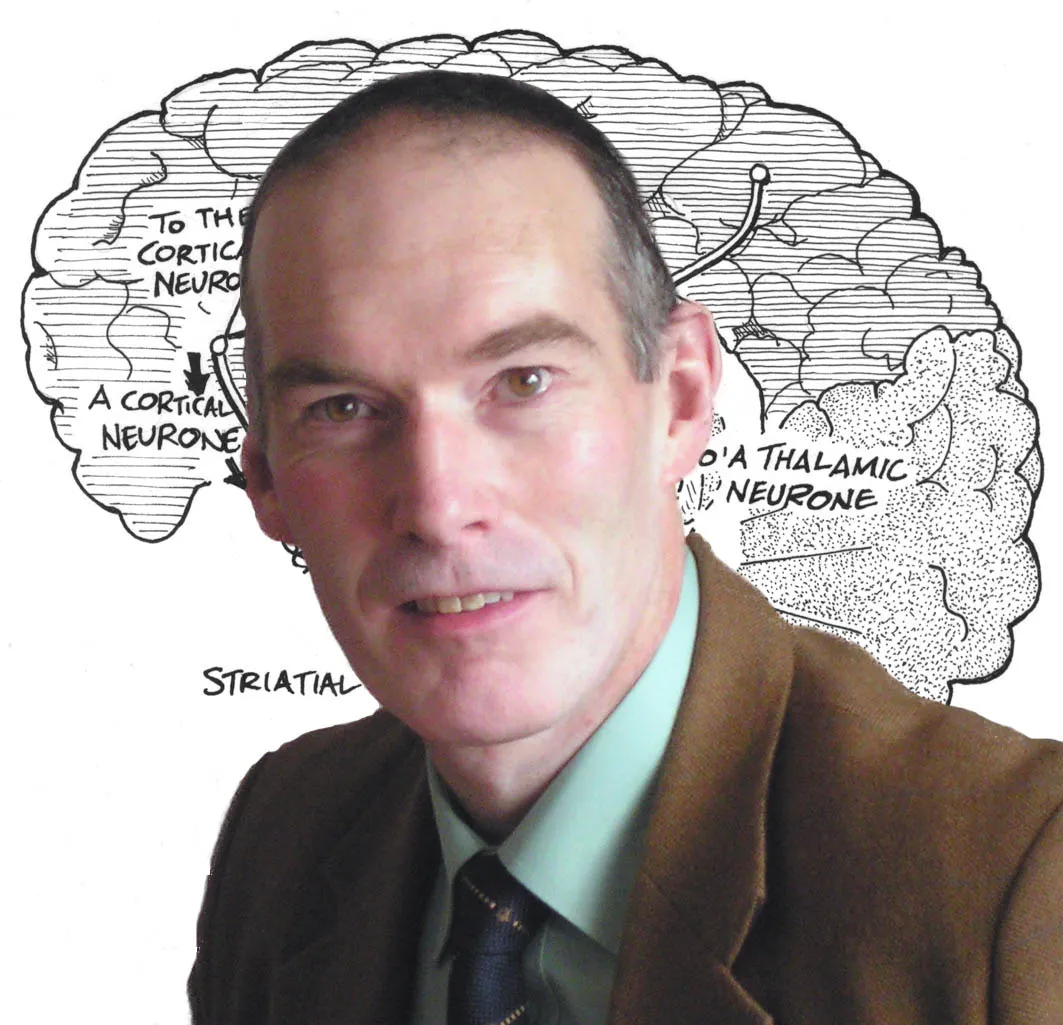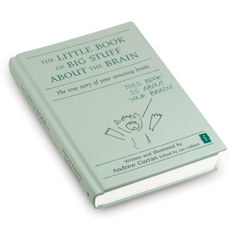How the Brian Works (sic)
Highlights from our session with paediatric neurologist Dr Andrew Curran
Here are some of the ‘takeaways’ from a two-hour presentation Dr Andrew Curran led for us a few years ago.
With such a cherry-picked view about the brain and learning coming out of the world of cognitive science, we thought it would be good to share his expert, professional and neuroscience-informed views about our brains and what they really need to be at their best.
- Rather than use ‘normal’ (eg a ‘normal brain’, ‘a normal child’) use ‘ordinary’. After all the opposite of ‘ordinary’ is far better and more accurate than the opposite of ‘normal’.
- Love, affection, being wanted and feeling safe are essential for the learning brain.
- The development of the neurological pathways in the Early Years is dependent on stimulation at home, at school and on environmental influences.
- We must build emotionally literate communities
- All schools should have trained Mental Health First Aiders.
- It’s a relief to know that much of what we have intuitively shared as effective practice for teachers is based on what science is now giving us firm evidence for.
- Schools need to understand that the teenage brain is not built for sitting in rows learning facts.
- Great teachers make children feel magic, valued, safe, relaxed, able, known, motivated, wanted and special. If your children don’t feel like that, what are you going to do about it?
- The brain remains plastic all its life. You can always rewire it if you choose to do so. This is important to bear in mind when looking at areas such as Attachment Theory.
- You can’t argue with the scientific evidence when it comes to knowing what the brain needs for learning.
- There is no altruism — everything we do on a neurological level is for our own reward.
- Love helps learning.
- Neuroplasticity is nature’s way of allowing individuals to learn, unlearn and relearn, thereby giving hope to anyone stuck in a negative cycle of self doubt.
- Being able to measure the impact of a lack of love and affection on the infant brain is as powerful as finding cures for serious diseases, but humanity is not necessarily embracing the correlation to make significant social policy change.
- ‘Stop! Stop! Time out!’ should be understood by all teachers.
- A real scientist can say four times in two hours “We do not know ….”
- When it comes to teaching and learning, every teacher needs to know the science of how the brain works. It’s as simple as that.
- How many of our parents understand how the brain works? We need to engage with parents who have ‘tricky’ children. They need to have a clear understanding of the importance of dopamine and how it affects the brain.
- Everything we do as teachers is sculpting a child’s brain. This is terrifying — and a very good reason for making sure that we’re getting it right.
- Dopamine provides a 15-minute ‘look back’ — that is to say reward and pleasure improve our memory for what was just happening.
- When adults, especially couples, argue they often talk to each other as if they are using their three year-old child brain.
- If your brain reaches its optimum state at age 25, lets encourage kids to be kids in the meantime, while they are developing.
- The brain needs dopamine to learn and 93% of its secretion is in the control of our emotional brain.
- NLP maps directly onto our neurobiological templates.
- The emotional brain regulates dopamine, which means if your heart’s not engaged your head won’t work properly.
- Teenagers make high risk, poor judgement decisions — we need to understand that this happens and why it does.
- So much spouted about behaviour flies in the face of the neuroscience. [ITL]
For more of Andrew's insights into the workings of the human brain, delivered in an easy-to-read style with illustrations by the good doctor himself, check out his best-selling book The Little Book of Big Stuff About the Brain.

Dr Andrew Curran
To find out more about booking Dr Andrew Curran for your school, college or organisation call us on 01267 211432 or drop us an email on learn@independentthinking.co.uk.
Enjoy a free no-obligation chat.
Make a booking. Haggle a bit.
Call us on +44 (0)1267 211432 or drop us a line at learn@independentthinking.co.uk.


About the author
Dr Andrew Curran
Dr Andrew Curran is an experienced paediatric neurologist and one of the most influential Independent Thinking Associates. He is the author of the popular book The Little Book of Big Stuff About the Brain.